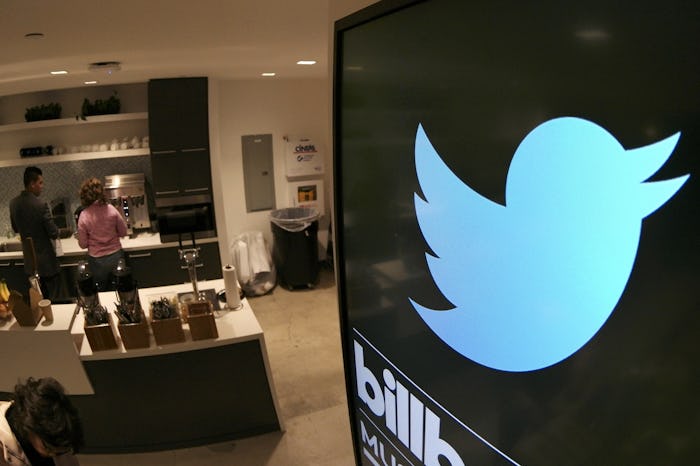News

5 Better Ways To Manage Your Passwords Than Just "123456," Because Hacks Do Happen
As if you didn't have enough to worry about already: according to CNN, a recent theft of Twitter passwords affected approximately 33 million users of the social media site. One unexpected reveal? The most commonly used password was "123456," followed by more number sequences and other winners like "qwerty," "password," and "iloveyou." Listen, I'm all for the easy-to-remember passwords, and I feel seething rage when I see the phrase "Your password must contain an uppercase letter, two numbers, and a special character" — but there are better ways to manage your passwords out there, and it's time we started using a few of them.
There's a whole host of ways you can open yourself up to hackers and malware, and most of us are probably guilty of at least one or two unintended mistakes. Do you use the same password for all of your accounts? Do you use your birthday as an easy-to-remember passcode? If you've ever signed into your Gmail to find strange poker invitations sent to all of your contacts or have been locked out of your Twitter account, it's probably time to step up your password management.
Here's a few simple ways to do so, so you can stop laughing nervously when you read stories about breached accounts.
Don't Repeat Your Passwords
This is one that most of us know, but choose to willfully ignore. (If I change one letter, it's all good, right? Right?) Make sure you're switching your full password with each account that contains personal information on you. You're making a hacker's job a lot easier if they can access your online bank account, email, Twitter, Facebook, and teenage MySpace profile all in one go. (And, really, it's time to get rid of that MySpace.)
Go Long
According to password expert Mark Burnett, who spoke to Wired in May about cracking passwords, using a longer password often trumps using a nonsensical mix of upper- and lowercase letters, numbers, and symbols.
Are you thinking what I'm thinking? "Supercalafragalisticexpialidocious" for the win. If you can remember how to spell it.
Don't Use Common Phrases
Probably not even "supercalafragalisticexpialidocious," unfortunately. Using "MayTheForceBeWithYou", or, as witnessed by the Twitter hack that affected millions, "iloveyou", is probably not the best. You'll want to skip your birthday and hometown, too, according to PC Magazine. At least you'll have an outlet for your creativity, right?
Do Use Special Characters & Capitals
It may seem like a headache, but most websites will ask you to include them, anyway. Get into the habit of sprinkling capitals, special characters, or numbers throughout your passwords. For example, the common password of "letmein" could become "l3tME!^".
Or Just Use A Password Manager
If all of that sounds exhausting, you're probably going to want to do it only once. Come up with one sneaky, hack-proof password to use for a password manager application, and then let the password manager come up with (and remember!) other strong passwords for all of your other websites. I use the free version of LastPass, but there are plenty of other free and paid password managers. Use one that works for your browsers and phone, then sync away and stop worrying about passwords.
There's many more (and many more complex) ways to make your password more secure, but unless you're Katy Perry or Hillary Clinton, chances are you'll be okay with a few simple switches. And remember: Even if you manage to achieve CIA-level security with your password, you can always blame those unfortunate 3 a.m. Tweets on a hacker.